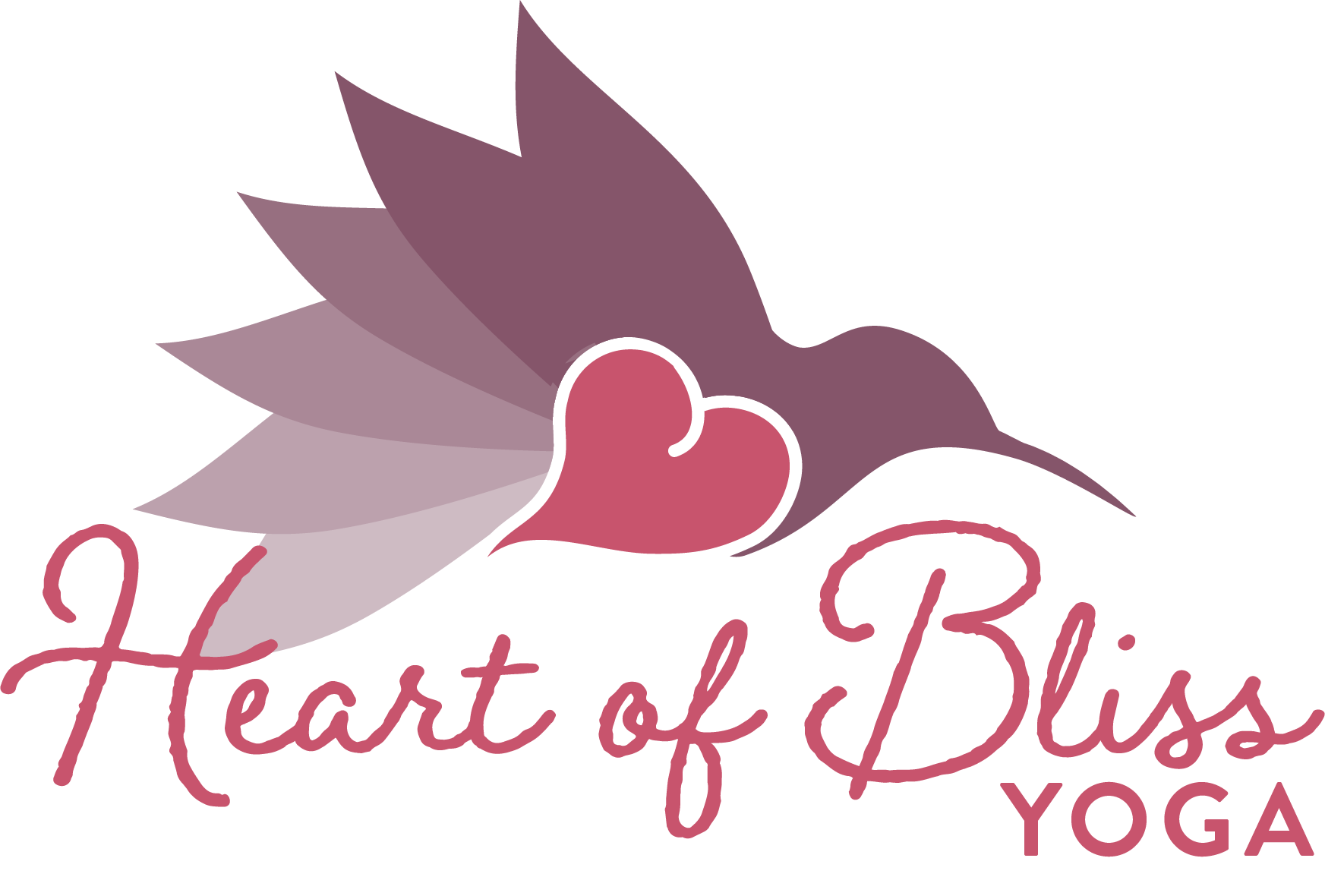Flexibility: Embracing the Ability to Bend for a Healthier Life
“Flexibility: Embracing the Ability to Bend for a Healthier Life”
Curve balls.
Life sure has a way of throwing those at us.
And while a curve ball is a term used in baseball to describe a tricky pitch, it is also a term used to describe the unexpected, surprising, or disruptive things that happen to us in life.
Damaging storms, floods, the sudden passing of a loved one or friend, the loss of a job, unexpected car accidents or repairs, issues with our children or grandchildren, shocking diagnoses– all of these are a part of life, and experiencing any or all of these (hopefully not at the same time) can send us into a tailspin.
I know this because I’ve been through most of these experiences, and each time something wild and crazy happens, I am thankful that I have my yoga to help me through it.
Flexibility vs. Strength and Endurance…
In the pursuit of holistic well-being, the importance of flexibility often takes a backseat to more tangible fitness goals like strength or endurance. However, as a yoga therapist, I've come to appreciate flexibility as a cornerstone of both physical and mental health. The reality is that we need all three of these for optimal health but please let me take a moment in this post to shed light on why flexibility matters beyond the confines of the yoga mat, drawing insights from both scientific research and the lifestyles of Blue Zone communities.
Flexibility: Physical, Mental, or Both?
Flexibility, in its essence, extends far beyond the ability to touch your toes or perform a perfect pigeon pose. It encompasses adaptability, resilience, and openness to change—qualities essential for navigating life's challenges like the ones I listed above and then some.
Physically, maintaining flexibility is crucial for preserving joint health, preventing injuries, and promoting optimal range of motion. Without it, simple tasks like bending down to pick up a dropped object or reaching for a high shelf can become arduous endeavors.
Beyond the physical realm, flexibility plays a vital role in mental and emotional well-being. In today's fast-paced world, where stress and uncertainty abound, the ability to adapt and flow with life's ups and downs is invaluable.
Cultivating mental flexibility allows us to approach challenges with a sense of calmness and equanimity, rather than succumbing to rigidity and resistance.
Data to Back Me Up…
But don’t take my word for it.
Studies have shown that practicing activities such as yoga, which emphasize flexibility, can have profound effects on both physical and mental health.
For instance, a systematic review published in the International Journal of Yoga Therapy found that regular yoga practice is associated with improvements in flexibility, balance, and overall quality of life.
Additionally, research conducted by the National Institutes of Health suggests that yoga may help reduce stress, anxiety, and depression by promoting relaxation and mindfulness.
Moreover, insights from Blue Zone communities—regions of the world where people live significantly longer, healthier lives—underscore the importance of flexibility in promoting longevity and vitality. In areas like Okinawa, Japan, and Ikaria, Greece, where centenarians abound, a common thread among residents is their adaptability and resilience in the face of life's challenges. Whether it's embracing a plant-based diet, engaging in daily physical activity, or fostering strong social connections, individuals in Blue Zones exemplify the power of flexibility in promoting well-being across the lifespan.
What I’ve Seen…
As a yoga therapist, I often witness firsthand the transformative effects of flexibility on my students’ and clients' lives. Through gentle stretching, mindful movement, and breath awareness, individuals are able to release physical tension, quiet the mind, and tap into a deeper sense of inner peace. By cultivating flexibility on and off the mat, they not only enhance their physical health but also cultivate greater resilience, creativity, and joy in all aspects of life.
References:
1. Raub, JA. (2002). Psychophysiologic Effects of Hatha Yoga on Musculoskeletal and Cardiopulmonary Function: A Literature Review. Journal of Alternative and Complementary Medicine.
2. National Center for Complementary and Integrative Health. (2021). Yoga: What You Need to Know.
3. Buettner, D. (2012). The Blue Zones: Lessons for Living Longer from the People Who've Lived the Longest. National Geographic Books.
One Last Thing Before I Go…
Flexibility is not merely a physical attribute but a way of being—a mindset that fosters adaptability, resilience, and openness to life's infinite possibilities. Incorporating yoga practices that promote flexibility can profoundly enhance both our physical and mental well-being. So, let's embrace flexibility and journey toward a healthier life—one breath, one stretch at a time.
Namaste -


